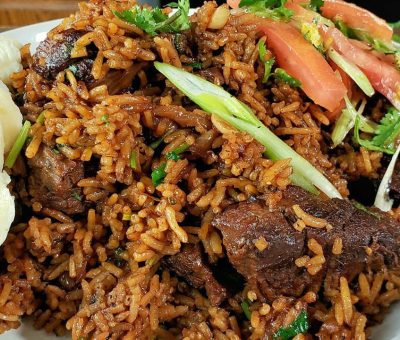Fasting your way to weight loss

With an increasing obsession with weight loss worldwide, more methods are available to aid the process including dieting and physical exercise. Experts usually advise that in order to successfully lose weight, one needs to combine both dieting and exercise to sustainably keep off the weight and remain healthy.
At times, in a bid to lose weight some people, especially women, seek shortcuts to avoid exercise. Some even end up starving in a bid to lose weight which may instead have adverse effects on one’s health.
Intermittent fasting has become increasingly popular for those on a weight loss journey. It is a form of dieting where one is only allowed to eat for a specific amount of time during the day and fast from food for the rest of the day. While most diets focus on what one should eat, intermittent fasting focuses on when one should eat.
During the process of fasting, the body exhausts its sugar stores and then starts to burn fat, which later results in weight loss.
According to Julie Kobusingye, a professional nutritionist based in Kampala, intermittent fasting involves abstaining from food for a specific amount of time while sticking to eating in a specified time window for weight loss or other health purposes.
“Besides weight loss, intermittent fasting reduces insulin resistance and stabilizes sugar levels which prevent complications such as diabetes. It also improves metabolism and digestion,” Kobusingye says.
“However, before embarking on the journey of intermittent fasting, one needs advice on which plan of intermittent fasting to take up according to body weight, BMI, health conditions and daily routine, among others,” she advises.
There are different plans that one can consider when taking up intermittent fasting. The first one is the 16:8 method which involves fasting for sixteen hours and restricting eating to an eight-hour period each day. For instance, one may choose to fast between 9pm to 1pm the next day then use the period in between to eat.
Similarly, the 14:10 diet involves a 14-hour fasting period and a longer eating period of 10 hours. The 12:12 diet, which is usually recommended for beginners requires one to fast for 12 hours which is usually after dinner and has a 12-hour eating period.
“The 12:12 method is usually best for beginners because the fasting period is during the time one is sleeping making it easier. For instance, if you have dinner at 9pm, you are free to have meals the next day as usual starting at 9am with breakfast till 9pm,” Kobusingye says.
As one gets used to this method, they may advance to a 14 hour or 16 hour fasting period in order to see better results in a specific amount of time.
Another method is the 5:2 diet where one has their regular diet for five days of the week and then restricts their calorie intake to 500-600 calories for 2 days of the week. This diet is often referred to as the fast diet. On the fasting days, one may consume small meals of 250 – 300 calories.
What to eat
Kobusingye says the best foods to consume for less calories are vegetables and nuts. However, she says it may take longer to see results with this method of fasting when compared to the daily fasting. This is because the daily fasting methods are more consistent.
Another method similar to 5:2 is the alternate-day intermittent fasting. This method involves alternating between days of regular eating and days that allow for consumption of 500-600 calories. In this way, the body gets a full day of rest from eating and allows the body to burn enough fat.
“If one chooses this method, they should keep in mind that the food consumed during the eating period should be healthy and keep you full for longer to avoid snacking. Such foods may include fruits, vegetables, whole grains, and vegetables,” Kobusingye advises.
On fasting days, one may choose to consume the required number of calories in one meal or smaller snacks.
Another method is the Eat Stop Eat diet which involves a 24 hour fast once or twice a week. During the fast, zero calorie beverages are allowed including water and black coffee. Since this method can be difficult, one may choose to start with shorter fasting periods and then advance to this method.
“With consistency and healthy food options, intermittent fasting can actually help with weight loss and prevention of complications such as obesity and diabetes if done correctly. This is why it is advisable to get advice from a qualified dietician for best results,” she says. No matter which intermittent method you choose, consistency and a healthy, balanced diet are important aspects in order to lose weight. Coupled with exercise, you might just be able to achieve your weight lo


















